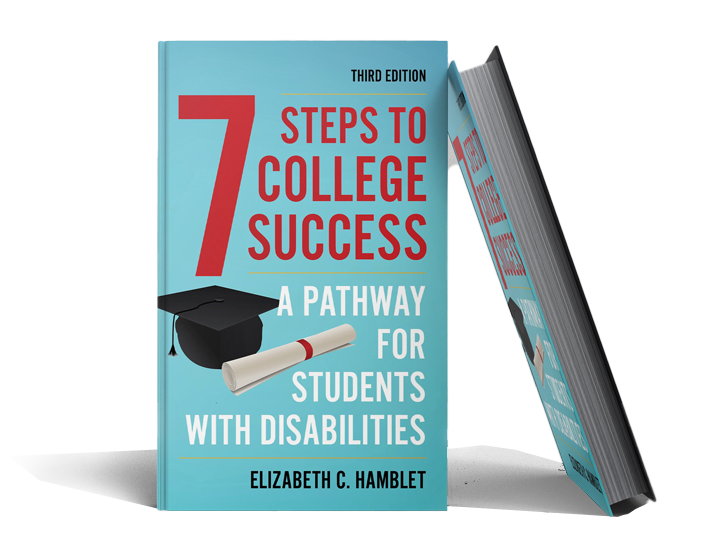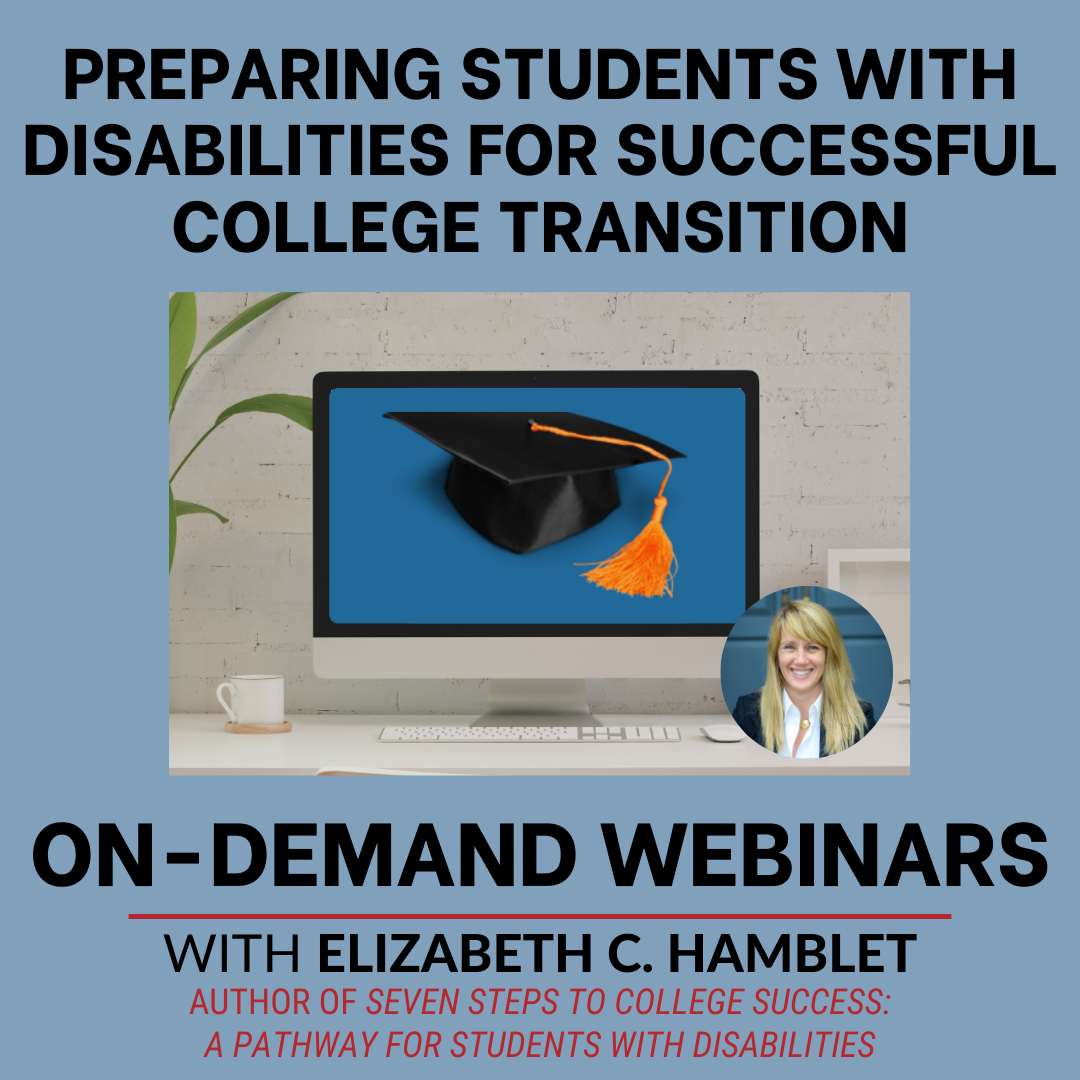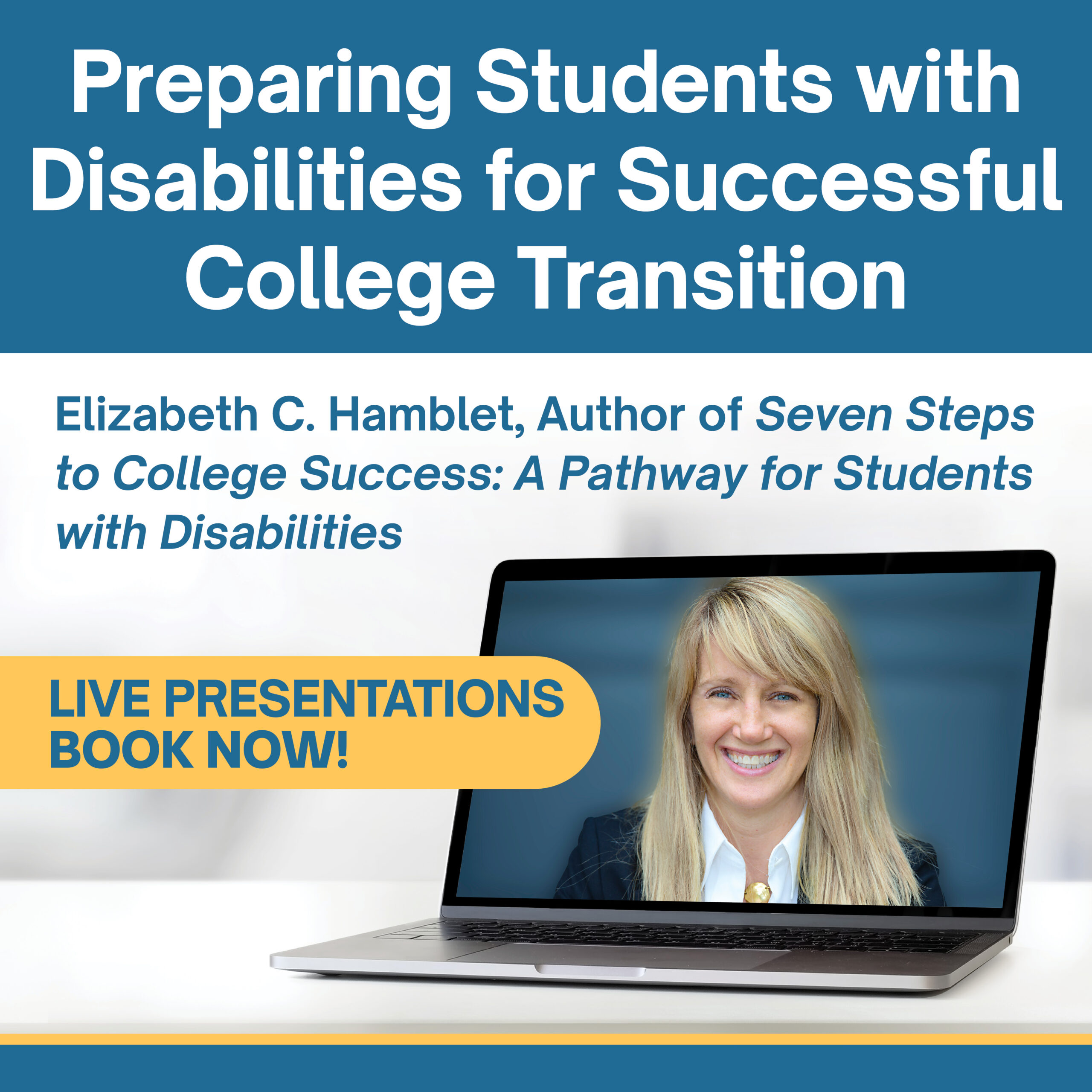The short answer is maybe.
It’s unlikely that students will automatically be found ineligible for college accommodations solely because they didn’t have one in high school. Colleges’ disability services (DS) offices vary in their approach to documentation (meaning paperwork students provide to show they have a disability). You can learn how to find what documentation any college requires by reading this post or watching this video.
How is this possible?
DS offices are aware that there could be several reasons why students didn’t have an IEP or 504 plan, e.g., they attended a private school, were homeschooled, their parents mistakenly believed it would affect their chances to be admitted to college, etc. For these reasons, they may not be as interested in why a student didn’t have a plan as they are in what their other documentation shows about their need for accommodation.
And having an IEP or 504 plan in high school doesn’t guarantee students will get accommodations at college. Everyone must be found eligible by their college’s disability services (DS) office. To learn about the process for registering with DS, read this post or watch this video.
Does this mean that if the school didn’t find a student eligible for a disability accommodation, their college will?
It all depends upon how the DS office at a student’s college views their eligibility. Absence of a high school IEP or 504 plan in their documentation might not mean very much.
But if the student didn’t get accommodated because the documentation they have doesn’t demonstrate to DS that this student has “…a physical or mental impairment which substantially limits one or more major life activities” (as Section 504 defines “disability”), they may not get accommodated. Students should always register with DS if they want to request accommodations. It’s possible they’ll be found eligible even if their high school didn’t find them so.
How can professionals help students document their history of being accommodated without a formal plan?
To help support students’ need for accommodations in college, private schools can assign someone to write a letter or some kind of narrative explaining how teachers have informally accommodated students (e.g., allowed them to take tests in a separate room with a proctor) even though these accommodations were not memorialized in a plan. It can be helpful to include comments from teachers (e.g., she often had to come after school to finish her lab because she couldn’t finish during class time).
Parents/guardians of homeschooled students who are part of a learning community might wish to ask the teachers working with their student to provide similar observations. If parents or guardians are homeschooling by themselves, they can talk about their student’s work process and how they see their student’s disability affecting him or her in everyday life (e.g., “We had to set up a checklist for everyday chores to make sure she completed them thoroughly.”). These documents may be helpful supplementary documentation to back up the more formal documentation they’ll likely have to submit.




